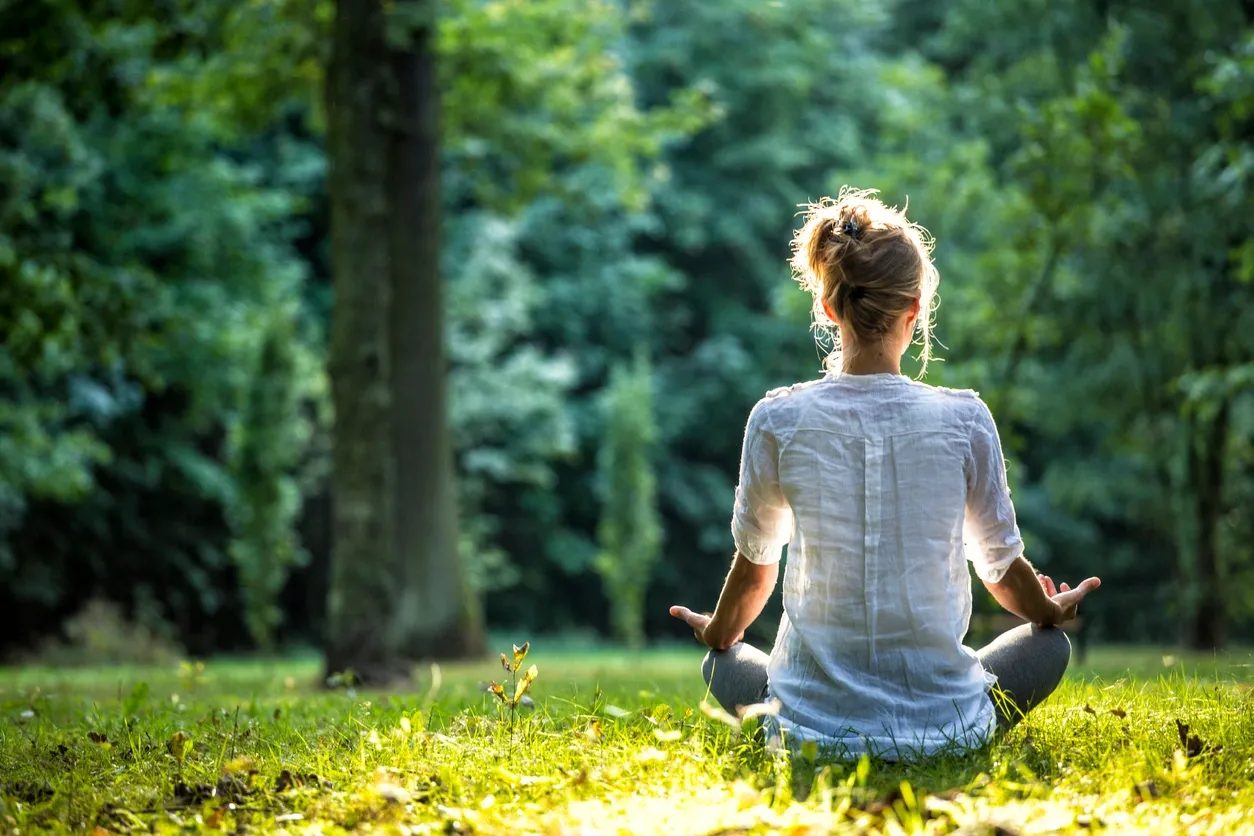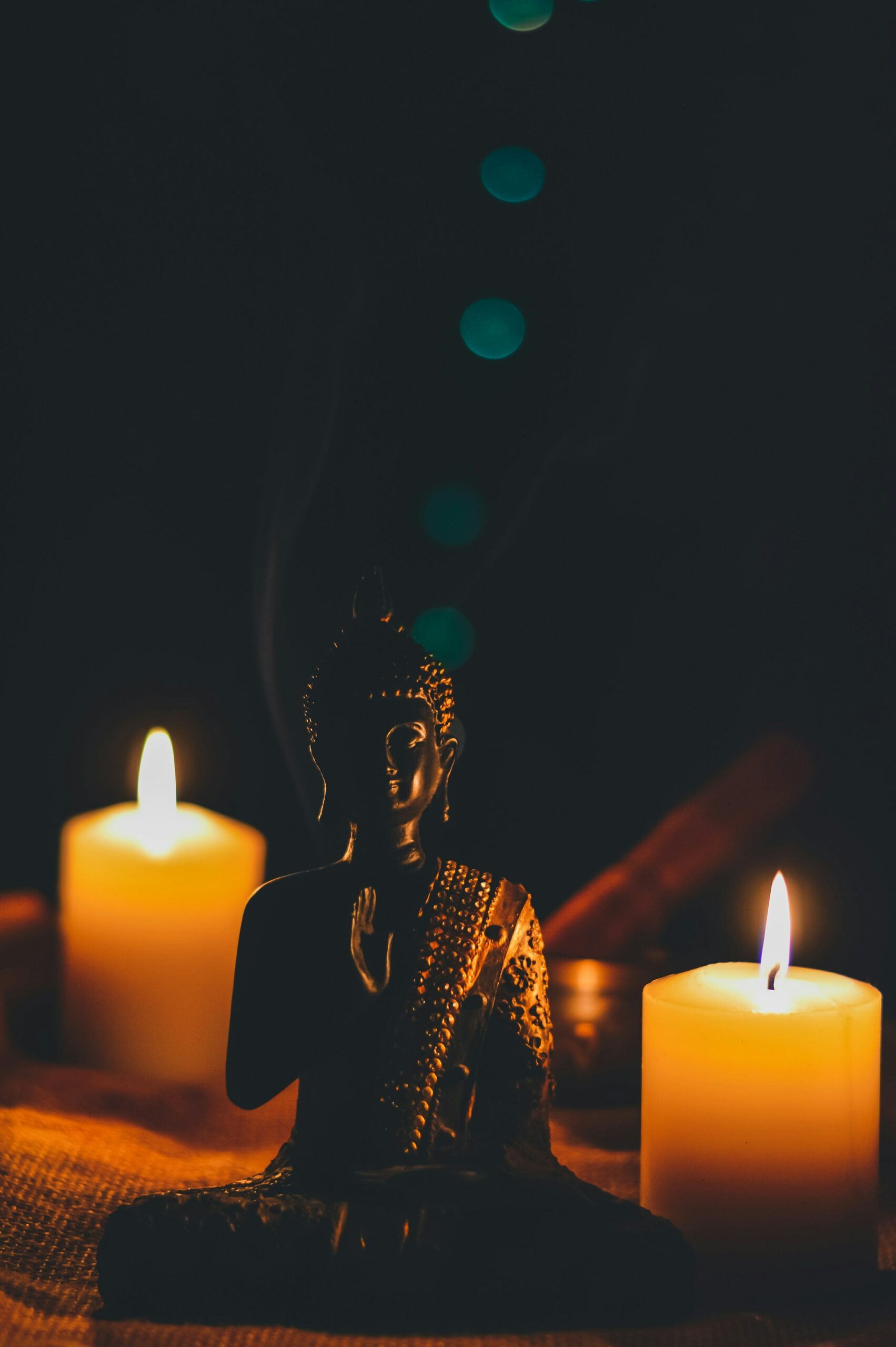What is Meditation and Mindfulness?
Meditation and mindfulness are seen to be the magic wand to fix someone’s mental health issues. I therefore thought that I would explore them a bit in this blog.

Meditation and mindfulness are the buzz words around mental health at the moment. They are seen to be the magic wand to fix someone’s mental health issues. I therefore thought that I would explore them a bit in this blog.
Meditation has of course been around for centuries. We tend to associate it with Buddhist monks, however it is used in almost all religions. A quietening of the mind is often seen as a way of letting God (however you perceive it to be) into your life. A quietening of yourself so that you can hear the message of God, can open yourself up to God. Holy places across the world tend to be quiet, calm, peaceful places of contemplation and learning. Religion has held the key to acceptance, understanding and inner peace for centuries. Those who are sick have also found healing in holy places and through holy people throughout the ages. Religion is associated with charity and kindness to your fellow man. This of course includes caring for those with both physical and mental illnesses. Therefore, it should be no surprise that many people still find help, comfort, guidance and acceptance in religion and religious practices.
For a secular society like Britain, it can often be difficult to admit to following a religion. Lately various religions have received some bad press. We are wary of cults, extremists, and worry about being brainwashed. However, rejecting a formal religion does not mean that you have to reject religious practices that have brought relief and comfort to people over the years. Religion and religious practices have helped to quieten an upset, disordered mind for a very long time. It is therefore not surprising that some religious practices have now been secularised. It is more acceptable to others to say that you meditate, rather than say you are religious.
What is meditation?
The Oxford English Dictionary defines it as ‘the practice of focusing your mind in silence, especially for religious reasons or in order to make your mind calm’.
Buddhism defines it as ‘effortlessly remaining in what is’.
Therefore, it is the art of focussing your mind on only one thing, which is typically your breath, and in doing so calming your mind. In order to do this, you have to empty your mind of all thoughts and disconnect from the world around you. You do not connect and engage with any of your thoughts, and instead you simply notice that they are there. It has been described like being in a state where you are just like noticing clouds in the sky, which come and go and have no effect on you.
Meditation can take years of practice to master. There are various apps and videos and websites on meditation available now. These all make it much easier to access, practice and understand meditation.
I have been practicing meditation for over 10 years now, ever since I started on my journey to improve my mental health. However, I certainly would not call myself a good meditator. I forget to practice, I get easily distracted, and I can find it really hard to quieten my mind sometimes. I use an app, which makes it much easier, but even with this I struggle sometimes. However, I do believe that it has helped me, and I do suggest it to my clients.
What is mindfulness?
It is partly through the struggles that people have with meditation that led Jon Kabat-Zinn in the 1980’s to create ‘mindfulness’.
The Oxford English Dictionary defines mindfulness as ‘a mental state achieved by focusing one’s awareness on the present moment, while calmly acknowledging and accepting one’s feelings, thoughts, and bodily sensations, used as a therapeutic technique.’
Therefore, mindfulness could be described as a form of meditation, as it involves the focusing of your awareness on only one thing. This then leads to the clearing of your mind and not engaging in your thoughts, just like in meditation.
It is easier to incorporate mindfulness into your daily routine, as some people struggle to set aside time for meditation. For instance, you can wash the dishes mindfully. This would mean giving all of your concentration to what you are doing. Noticing the temperature of the water, the feeling of the bubbles, the texture of the cloth or sponge, the smoothness of the plate, noticing where you are scrubbing, the pressure you are exerting, and concentrating on getting each mark off. This is often an easier thing to do than passively concentrating in meditation.
Therefore, mindfulness is often suggested as the first step into meditation.
For more information, or just a chat, please contact me on 07742 209312 or nicole@greenoaktherapies.co.uk




